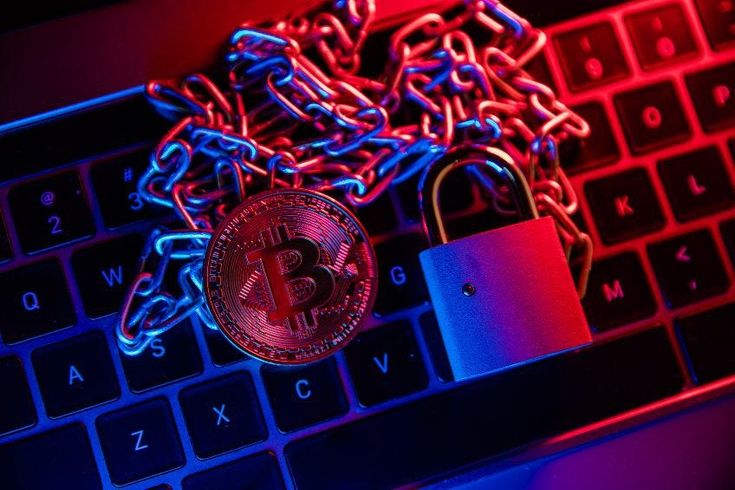
Security in the Crypto Space: Tackling Hacks and Scams
Table of Contents
Is it truly your belief that cryptocurrency can be secured?
Since the cryptocurrency ecosystem is decentralized, this is a topic of discussion. More than that, to put it simply, it's being digital, where scammers and hackers are drawn in like bees to nectar. Although it is a necessary duty, it is not the easiest to complete.
Offering insights into common security threats in the cryptocurrency world
Attacks using phishing schemes
In an effort to breach confidentiality and obtain sensitive information. Examples of this type of data include private keys and login credentials. To get information, the majority of attackers establish fake websites and send misleading emails.
Switching between Sims
By persuading the victim that the attacker is in charge of their SIM card, this is accomplished. The CRM currency account may be activated, as well as two forms of authentication, by managing phone numbers.
Attacks using social engineering
Social engineering is a malicious science in which specific illegal actions or strategies are used. psychological trickery, coercion, and exploitation to trick users into disclosing private information or committing security mistakes. The majority of these interactions happen on messaging applications or on social media.
You crypto buyer, are you still thinking about opening a social network account?
Ransomware and malware
Malicious malware typically infiltrates a user's device and accesses their bitcoin wallets. when it seeks a ransom after stealing the attacker's money. Ransomware encrypts user data and demands digital currency in order to be unlocked.
Blockchain Limitations
Smart card faults and vulnerabilities are typically visible problems in the blockchain. Money loss and manipulation are two possible outcomes of decentralization applications.
Inadequate security for private keys
There may be an issue whereby private key users lose their credentials if they do not store their keys safely and they have easily accessible keys.
Best practices for users to protect their assets of crypto

Use Hardware Wallets
There are rules that must be followed in order to safeguard digital currencies investments. On the other hand, it improves security and lowers the possibility of unwanted access. Certain physical devices that are used to hold private keys are used to protect coins offline. Hardware wallets offer a higher level of security than software wallets.
Enabling on two-factor authentication
The majority of social media apps and digital wallets in use today use two-factor authentication, or 2FA. It keeps unwanted access from occurring even in a scenario that the user password is stolen.
Limit the public's viewing of wallet addresses.
Reduce the likelihood that wallet addresses will be made public in order to safeguard them. Often, when a user divulges their wallet address, they also reveal their holdings, which makes it easier for an attacker to hack.
Many of the privacy issues can be resolved by adhering to these procedures. However, the majority of the target attacker's attacking techniques are effortlessly and quickly banned. The majority of security concerns are unwarranted. The cryptocurrency space is secured for the time being.






